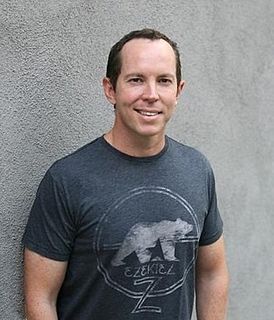A Quote by Tucker Max
General reader feedback is usually pretty worthless. 99% of people give feedback that is irrelevant, stupid, or just flat out wrong. But that 1% of people who give good feedback are invaluable.
Related Quotes
I posted chapters online and let people give feedback, and I was surprised at how much of that feedback I actually used for the book.I posted chapters online and let people give feedback, and I was surprised at how much of that feedback I actually used for the book. It was a different process for me, but I liked it.
Step one is to take ownership of figuring strengths ans weaknesses out. It starts with writing them down but, to take ownership, you have got to seek feedback of those who directly observe you - this is scary and uncomfortable for many people. It's no fun to hear negative feedback and most people don't want to stick their necks out to give it to you. So, you have to ask.
Basically you're doing the best you possibly could do and until it's out there and until people are hearing good feedback, I guess that's how you know you've done something good. We're so close to it that it's hard to look outside because we're inside of it, so it's really nice when you hear good feedback on the outside.
I think it's satisfying for people to feel that that relationship is reciprocal in some way. The truth is, you do have a relationship with your fans, and there is a feedback loop there. And while you have to be careful not to write a show just for the superfans, that kind of feedback is really valuable.

































